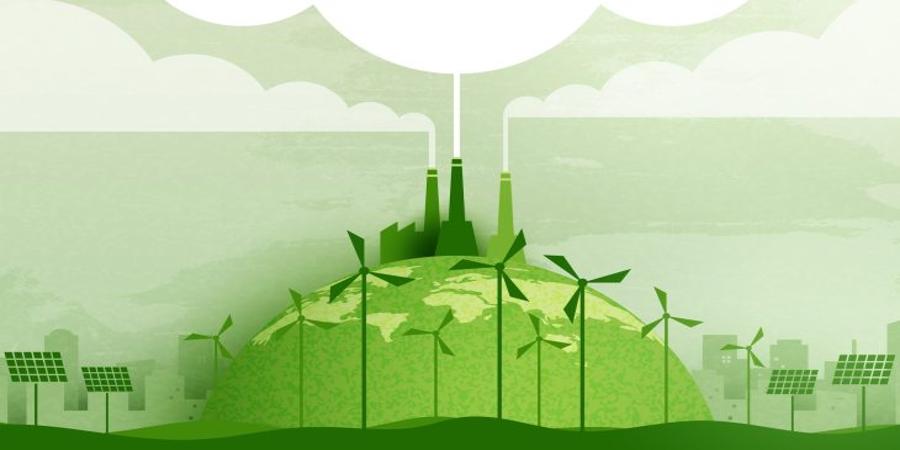Apple made some waves when it said that the newest Apple Watch would be carbon-neutral, which is not an insignificant feat, given that the company sold over 50 million smartwatches last year.
But at the same time, Apple brought in almost $400 billion in revenue last year. It has plenty of money to study the impact its products have on the environment in great detail. And perhaps more importantly, it has the leverage required to demand the sort of changes that make a carbon-neutral hardware product possible.
So it’s reasonable to assume that smaller companies have a much harder time estimating the carbon footprint of their products. For most tangible products, everything from materials to manufacturing to distribution leaves a carbon footprint, and not all vendors report their emissions.
“The majority of a company’s emissions are within their supply chain — more than 70% for the average corporation,” Harris Chalat, co-founder and CEO of Muir AI, told TechCrunch+. “It’s the largest opportunity for reductions. But because the global supply chain is incredibly complex, these corporations don’t understand how to even go about beginning to reduce those emissions.”
Getting a handle on supply chain emissions — also known as Scope 3 emissions — is by far the most complex part of this problem. Companies don’t exert any direct control over such emissions. They can ask nicely or they can have their contracts require vendors to supply auditable emissions data, but most companies don’t have the sort of leverage over suppliers that Apple does to accomplish that.
What’s more, an expert can take several months to perform a life cycle analysis on a single product. If there ever was a business problem crying out for a software solution, it’s this.
Muir AI hopes to be that solution. The startup works with companies to understand their supply chains and glean what data it can from them. If that data is unavailable, Muir AI uses the information in their databases combined with clues from the rest of the customer’s supply chain to make “probabilistic” assumptions about the carbon impact of the component, said Peter Williams, the company’s CTO.
Source @TechCrunch



